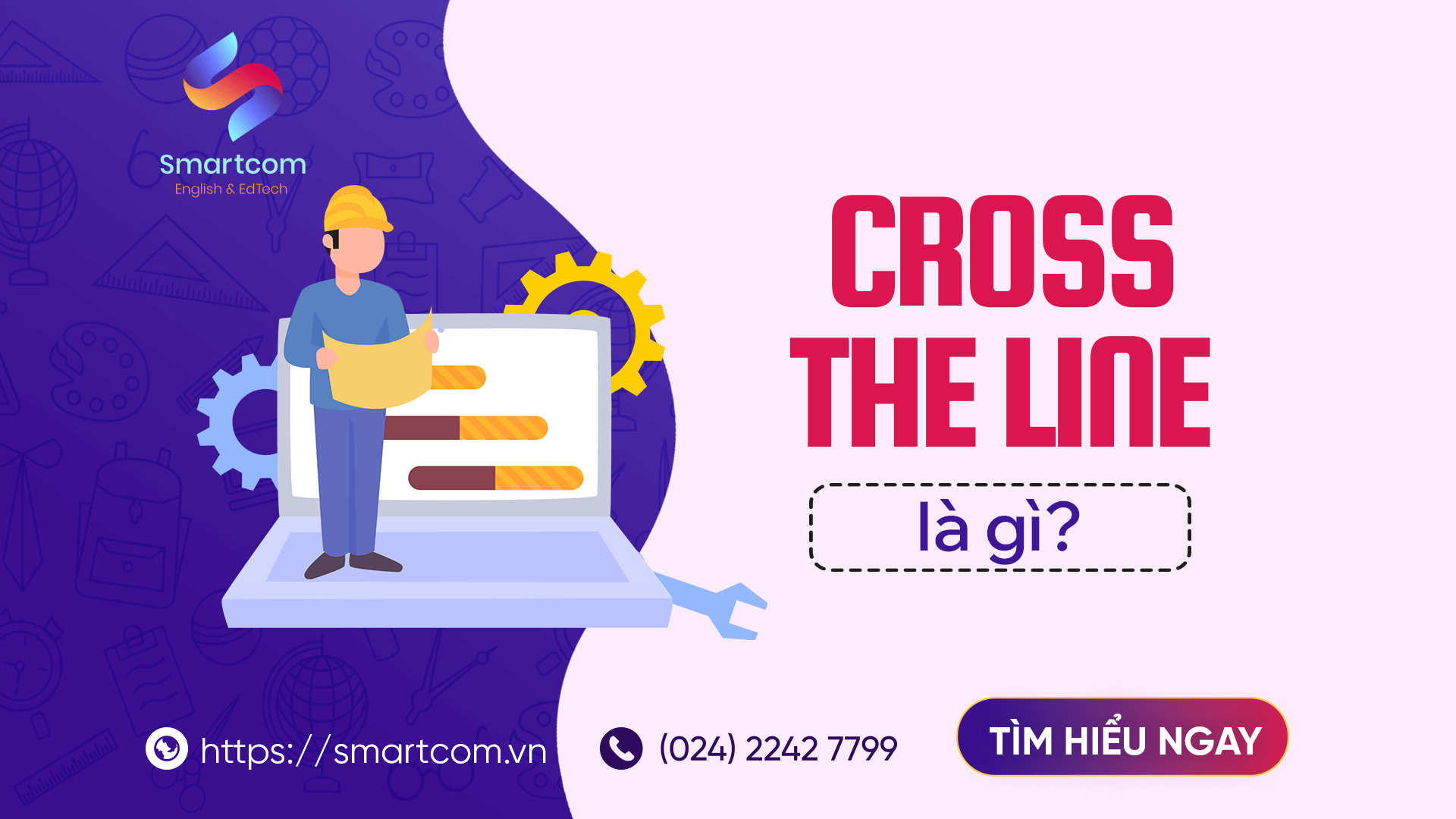Đội ngũ chuyên gia tại Smartcom English là tập hợp những chuyên gia đầu ngành trong lĩnh vực IELTS nói riêng và tiếng Anh nói chung. Với phương pháp giảng dạy sáng tạo, kết hợp với công nghệ AI, chúng tôi mang đến những trải nghiệm học tập độc đáo và hiệu quả. Mục tiêu lớn nhất của Smartcom Team là xây dựng một thế hệ trẻ tự tin, làm chủ ngôn ngữ và sẵn sàng vươn ra thế giới.
Despite the increased access to education, a significant number of people cannot read or write. What are the disadvantages without these skills? And what actions should governments take?
IDP – IELTS Paper-delivered test – August 3th, 2024
Nhận xét:
Đề bài IELTS Task 2 “two-part question” này yêu cầu người viết thảo luận về hai khía cạnh; đây cũng là dạng bài thường xuyên được ra gần đây trong đề thi thật của Cambridge. Khi làm bài phải đảm bảo rằng bạn trả lời đúng trọng tâm của từng câu hỏi, không lạc đề.
Đề bài lần này nói về một vấn đề đang được bàn luận khá nhiều gần đây, đó là “Những bất lợi khi thiếu kỹ năng đọc và viết” và “Các biện pháp chính phủ nên thực hiện”. Phải nói rằng đây là một chủ đề khó, yêu cầu người viết có vốn từ vựng phong phú liên quan đến chủ đề được đề cập trong đề bài. Điều này giúp bạn thể hiện ý tưởng rõ ràng và chính xác.
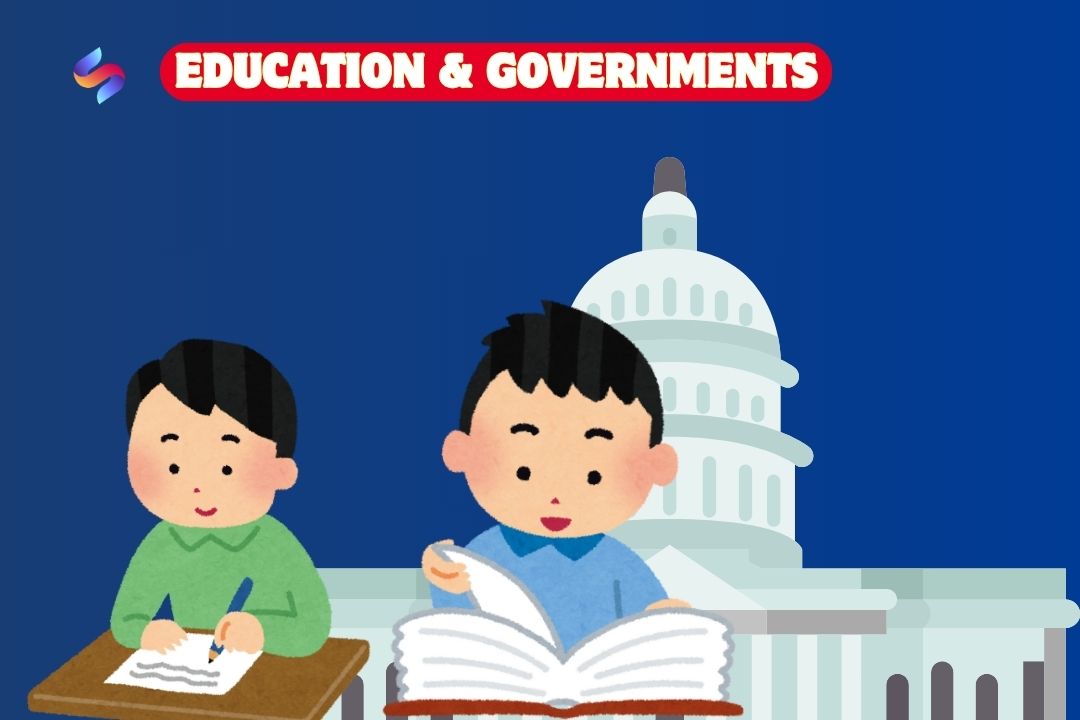
Phân tích đề bài
Có thể dịch đề bài như sau: “Mặc dù khả năng tiếp cận giáo dục được cải thiện, một số lượng lớn người dân không biết đọc hoặc viết. Những bất lợi khi không có những kỹ năng này là gì? Và chính phủ nên có những hành động gì?”
Đề bài IELTS Task 2 này yêu cầu người viết thảo luận về hai khía cạnh:
Những bất lợi khi thiếu kỹ năng đọc và viết: Người viết cần liệt kê và phân tích các tác động tiêu cực của việc không biết đọc và viết đối với cá nhân và xã hội. Ví dụ: hạn chế cơ hội việc làm, khó khăn trong tiếp cận thông tin, và cản trở sự phát triển kinh tế.
Các biện pháp chính phủ nên thực hiện: Ở phần này, đề yêu cầu nêu ra các hành động mà chính phủ có thể áp dụng để giải quyết vấn đề này. Ví dụ: tăng cường đầu tư vào giáo dục cơ bản, cung cấp các chương trình học tập suốt đời cho người trưởng thành, và phát triển hệ thống giáo dục linh hoạt cho các nhóm yếu thế.
Disadvantages of not having literacy skills:
Limited Employment Opportunities:
Most jobs, even basic ones, require reading and writing skills. People without these skills are often restricted to low-paying jobs or may face long-term unemployment.
Illiteracy makes it difficult for individuals to advance in their careers or gain necessary qualifications.
Social Exclusion:
People who cannot read or write may feel isolated from society as they cannot engage fully in daily activities such as reading newspapers, social media, or filling out forms.
Illiteracy also limits their ability to participate in political processes like voting, thus diminishing their civic engagement.
Dependency and Vulnerability:
Illiterate individuals may become dependent on others to help them navigate daily tasks (e.g., reading instructions, signs, or medical prescriptions), which increases their vulnerability to exploitation or misinformation.
This lack of independence impacts their self-esteem and confidence.
Economic Strain on Society:
A large illiterate population can strain the economy, as these individuals are less likely to contribute fully to economic growth, and governments may need to spend more on social welfare programs to support them.
Illiteracy often perpetuates poverty cycles, as families with illiterate members are less likely to break out of economic hardship.
Health and Safety Risks:
Illiteracy can lead to misunderstandings of critical information, such as healthcare instructions, warning labels, or emergency procedures, which can endanger their well-being.
Lack of literacy also makes it difficult for people to access healthcare services and information about diseases, vaccines, or treatments.
Government actions to address illiteracy
Invest in Primary Education:
Governments must ensure that all children, regardless of location or socioeconomic status, have access to quality primary education, which should emphasize reading and writing skills.
This includes investing in schools, qualified teachers, and learning materials, especially in rural and underprivileged areas.
Create Adult Literacy Programs:
Governments should offer free or subsidized literacy programs specifically for adults who missed out on formal education. These programs can be offered through community centers, online platforms, or vocational schools.
Encouraging local organizations and NGOs to participate can increase reach and effectiveness.
Incorporate Flexible Learning Models:
Develop flexible learning options such as night classes, online courses, or mobile learning units for those who work during the day or live in remote areas.
By using technology, governments can make literacy education more accessible to those who cannot attend traditional classrooms.
Public Awareness Campaigns:
Launch national campaigns to raise awareness about the importance of literacy and encourage people to join learning programs. Public figures, media, and social influencers can help promote these initiatives.
Campaigns should also aim to reduce the stigma around adult illiteracy, making it easier for people to seek help without feeling ashamed.
Financial Incentives and Support:
Offer financial incentives for families to send their children to school, especially in impoverished regions. This could include scholarships, free school meals, or stipends.
Governments can also partner with private companies to fund literacy programs or offer tax breaks to businesses that provide literacy training for their employees.
Provide Lifelong Learning Opportunities:
Encourage a culture of lifelong learning by integrating literacy education into job training programs, social services, and adult education systems. This ensures people have access to continuous education and skills development throughout their lives.
Ta có thể thấy đề bài bao gồm cả yếu tố cá nhân (bất lợi cho người thiếu kỹ năng) và yếu tố chính sách (hành động của chính phủ), yêu cầu người viết phải có cái nhìn toàn diện về vấn đề. Thí sinh không chỉ cần mô tả vấn đề mà còn phải đề xuất các giải pháp cụ thể, thể hiện kỹ năng suy nghĩ phản biện và khả năng giải quyết vấn đề. Để bài viết thuyết phục, thí sinh nên sử dụng các ví dụ cụ thể từ cuộc sống, chẳng hạn như tác động của nạn mù chữ đối với thị trường lao động hoặc các chương trình giáo dục thành công mà chính phủ đã áp dụng.
HÃY CÙNG ĐÓN XEM BÀI MẪU Ở BÀI VIẾT SAU NHÉ
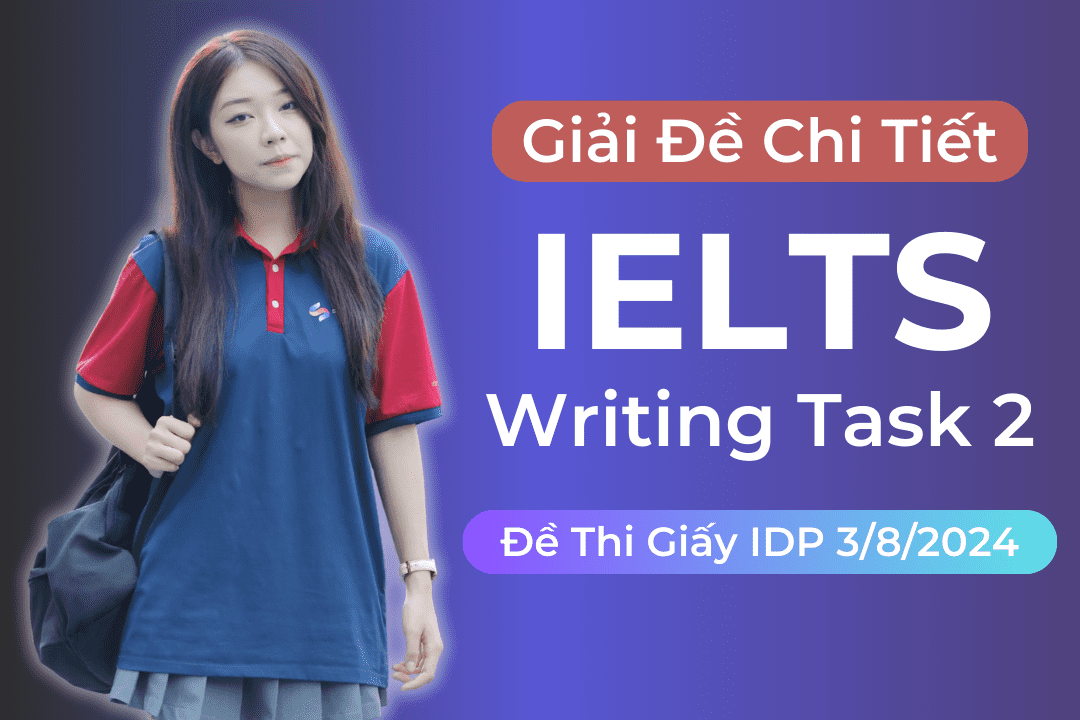
BÀI LÀM: (450 WORDS – BAND 8.5)
In today’s world, where access to education has expanded significantly, it is surprising that a large number of people still lack basic literacy skills. The inability to read or write has far-reaching consequences for individuals and societies. This essay will explore the disadvantages faced by those without literacy skills and suggest potential actions that governments can take to tackle this issue.
One major disadvantage of illiteracy is its impact on employment opportunities. Most jobs require basic reading and writing skills, and people who lack them are often confined to low-paying, unskilled jobs or face unemployment. This limits their potential for career growth and financial security. Additionally, illiteracy can lead to social exclusion. People who cannot read or write struggle to participate fully in society, whether it is understanding news, filling out forms, or engaging in civic activities like voting. This isolation can prevent them from contributing meaningfully to their communities. Illiteracy also increases dependency and vulnerability. Illiterate individuals often rely on others to help with basic tasks like reading instructions or understanding legal documents, which makes them susceptible to exploitation or misinformation. Moreover, this dependence can affect their self-esteem and sense of independence. On a broader scale, a high rate of illiteracy can strain the economy, as it reduces productivity and increases the burden on social welfare programs. Illiteracy can also pose health and safety risks, as people may misinterpret medical information or safety guidelines.
To combat illiteracy, governments must prioritize education and take targeted action. First, investing in primary education is crucial. Governments need to ensure that all children, especially those in rural or disadvantaged areas, have access to quality education. This includes improving school infrastructure, hiring qualified teachers, and providing free learning materials. Another important step is to create adult literacy programs for those who missed out on formal education. These programs can be offered through community centers or online platforms to help adults improve their literacy skills and job prospects. Flexible learning options, such as night classes or online courses, should be introduced to accommodate adults who have work or family responsibilities. Public awareness campaigns can also play a key role in encouraging people to pursue literacy education by reducing the stigma associated with illiteracy and motivating them to seek help. Additionally, governments should provide financial incentives, such as scholarships or free school meals, to families that send their children to school.
In conclusion, illiteracy significantly limits individuals’ opportunities and places a burden on society. Governments must invest in education, create accessible learning programs, and promote lifelong learning to address this issue and foster a more literate and productive society.
Từ vựng cần nhớ:
Hy vọng là bài giảng trên của các chuyên gia IELTS tại Smartcom English đã cung cấp cho bạn cái nhìn tổng thể, và lời giải chi tiết cho đề thi giấy tại IDP ngày 3/8/2024.
Để học sâu hơn các bài giảng này, bạn cần đến lớp học trực tiếp hoặc sử dụng hệ thống giảng dạy online của Smartcom English để hấp thụ nhanh và sâu hơn kiến thức viết IELTS, đồng thời học theo chuỗi bài có tính logic, và hệ thống hóa, giúp dễ nhớ và nắm được vấn đề một cách toàn diện hơn.
Tham khảo tại đây!
Nếu bạn vẫn đang băn khoăn về nơi học IELTS ở đâu tốt nhưng lo ngại về chi phí học IELTS? Smartcom hiểu và đáp ứng cả hai – với lộ trình cá nhân hóa giúp bạn đạt kết quả nhanh chóng và tiết kiệm tối đa.
(By: Smartcom English – IELTS experts)
Kết nối với mình qua
Bài viết khác

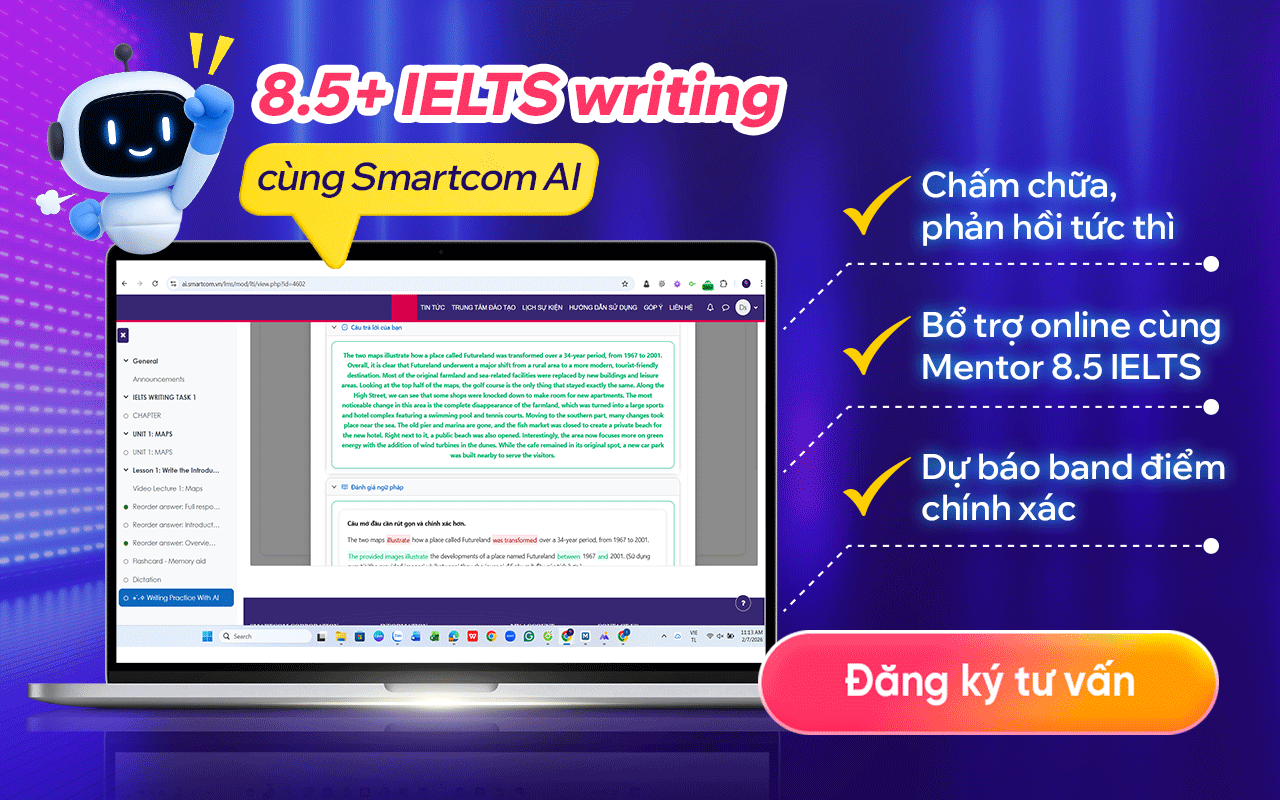
![[PDF + Audio] Tải Sách IELTS Cambridge 19 (Kèm đáp án)](https://smartcom.vn/blog/wp-content/uploads/2024/06/ielts-cambridge-19_optimized.png)

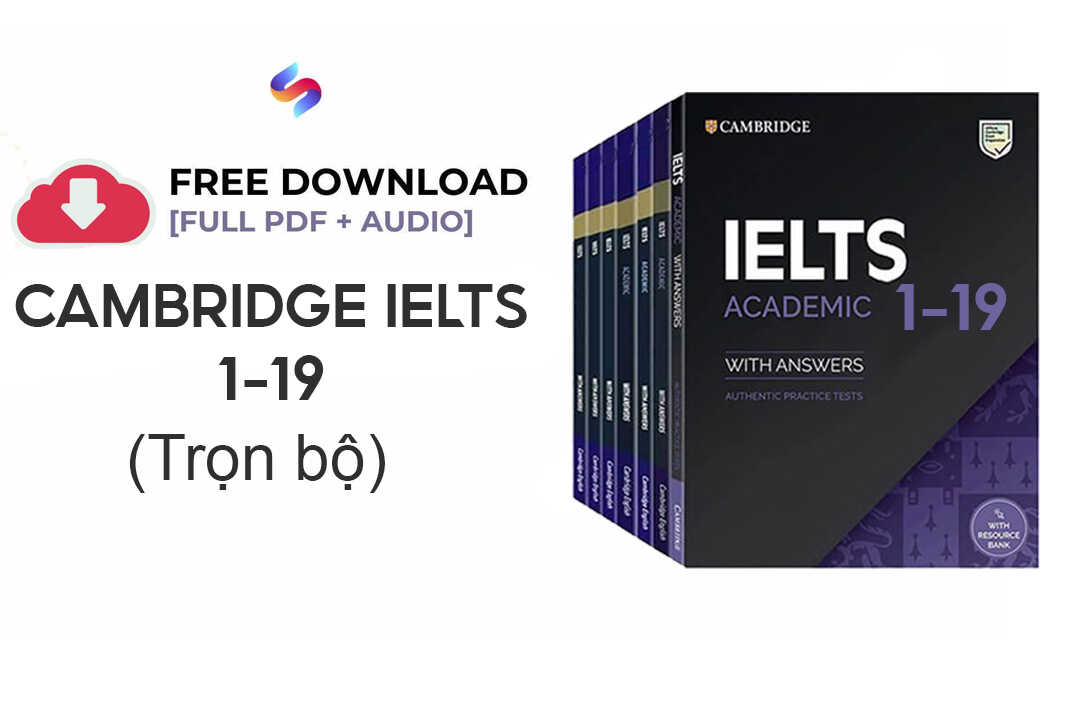
![[PDF + Audio] Tải Sách IELTS Cambridge 17 (Kèm đáp án)](https://smartcom.vn/blog/wp-content/uploads/2024/07/sach-ielts-cambridge-17_optimized.jpg)

![[PDF + Audio] Tải Sách IELTS Cambridge 15 (Kèm đáp án)](https://smartcom.vn/blog/wp-content/uploads/2024/07/ielts-cambridge-15_optimized.jpg)







